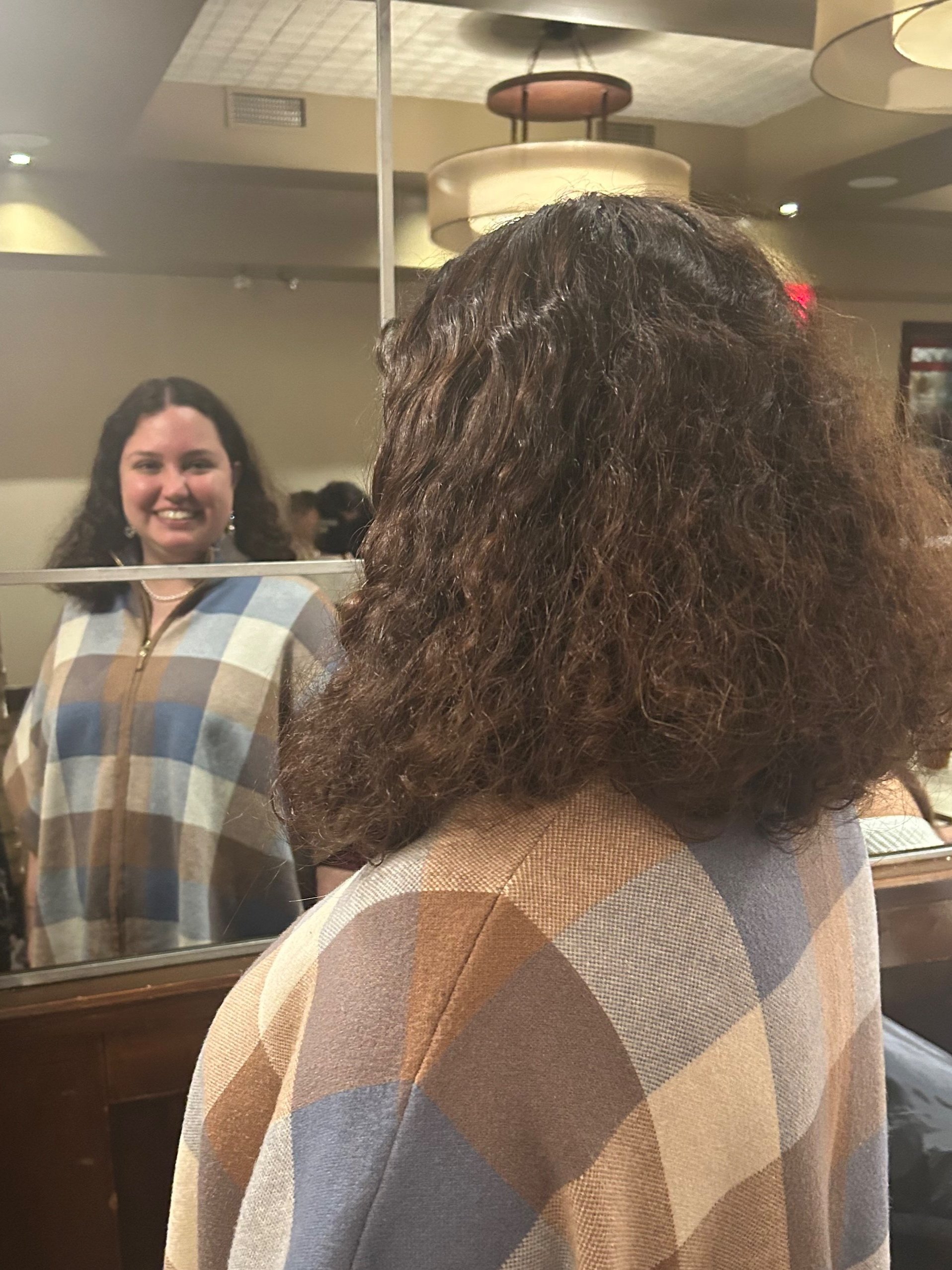Teaching Philosophy
As an educator, I believe that learning flourishes in spaces where students feel seen, respected, and genuinely supported. My own journey—as a lifelong learner, as someone who has navigated identity and belonging, and as a mentor to students from all walks of life—has shaped my core approach to teaching: one rooted in empathy, connection, and trust.
I strive to create a classroom where students can bring their full selves to the table. A space where questions are welcomed, differences are valued, and curiosity is nurtured. I see teaching not as the simple transmission of knowledge, but as a relational process—a shared experience of exploration, challenge, and growth. When students feel safe and understood, they are more willing to take intellectual risks and more capable of developing their own voice.
Rather than position myself as the expert at the front of the room, I act as a facilitator—someone who guides, listens, and co-constructs meaning with my students. I prioritize active learning strategies that invite students to engage directly with the material, apply ideas to real-world contexts, and collaborate with one another to build understanding. This approach not only fosters deeper learning, but also encourages students to take ownership of their education and see themselves as thinkers, writers, and change-makers.
I also believe that every student brings something vital to the learning environment. Their backgrounds, stories, and perspectives aren’t just welcome—they’re essential. I aim to design lessons and learning experiences that reflect and respond to the diverse identities in the room. Equity and inclusion are not checkboxes for me; they are the foundation of meaningful teaching.
As I continue to grow in my practice, I am deeply committed to supporting inclusive curriculum design and educational decision-making that centers student well-being and access. My hope is to help shape classrooms and schools where all students, regardless of background or ability, have the tools and encouragement they need to thrive—not just academically, but as whole human beings.
At the end of the day, I see education as a powerful relationship—one that requires care, collaboration, and an openness to learning from one another. I don’t just teach content. I teach people. And I carry that responsibility with intention, humility, and heart.


